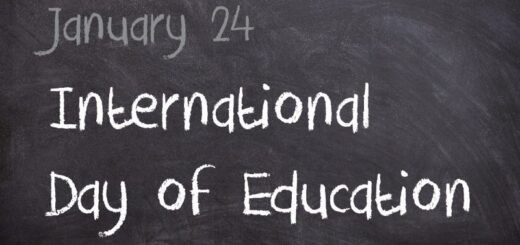International Migrants Day: Celebrating Diversity, Addressing Challenges
Introduction: International Migrants Day, observed annually on December 18th, is a significant occasion that sheds light on the experiences, contributions, and challenges faced by millions of people who leave their homelands in search of better opportunities, safety, and a chance for a brighter future. This day serves as a reminder to recognize the inherent dignity and human rights of migrants across the globe.
Historical Context: The United Nations General Assembly officially proclaimed December 18th as International Migrants Day in 2000. This date was chosen to commemorate the adoption of the International Convention on the Protection of the Rights of All Migrant Workers and Members of Their Families in 1990. The convention represents a milestone in recognizing and protecting the rights of migrant workers and their families, acknowledging their crucial role in the global economy.
Celebrating Diversity: International Migrants Day provides an opportunity to celebrate the rich diversity that migrants bring to their host countries. Through their unique cultures, languages, and traditions, migrants contribute to the cultural tapestry of their new communities, fostering a more interconnected and vibrant global society. This diversity enriches societies, creating a melting pot of ideas, perspectives, and experiences.
Challenges Faced by Migrants: Despite the positive contributions made by migrants, they often face numerous challenges, including discrimination, exploitation, and inadequate access to basic services. Issues such as xenophobia, border tensions, and restrictive immigration policies further compound the difficulties that migrants encounter. International Migrants Day serves as a platform to raise awareness about these challenges and advocate for policies that protect the rights and dignity of migrants.
Promoting Human Rights: The essence of International Migrants Day lies in promoting and protecting the fundamental human rights of migrants. The Universal Declaration of Human Rights applies to all individuals, regardless of their migration status. This day emphasizes the need for inclusive policies that respect the rights of migrants, ensuring their access to education, healthcare, fair working conditions, and legal protections.
Global Collaboration: Addressing the complex issues surrounding migration requires global cooperation. International Migrants Day serves as a catalyst for dialogue and collaboration among nations, international organizations, and civil society to develop comprehensive and humane approaches to migration. Through shared responsibility and a commitment to human rights, the international community can work towards creating a more just and equitable world for migrants.
Conclusion: On International Migrants Day, let us recognize and celebrate the resilience, courage, and contributions of migrants worldwide. By fostering understanding, promoting human rights, and advocating for inclusive policies, we can build a more compassionate and interconnected world—one that embraces diversity and ensures the well-being of all, regardless of their country of origin. As we reflect on this day, let us renew our commitment to creating societies that value and respect the rights and dignity of every individual, regardless of their migration journey.





 Subscribe to our channel
Subscribe to our channel